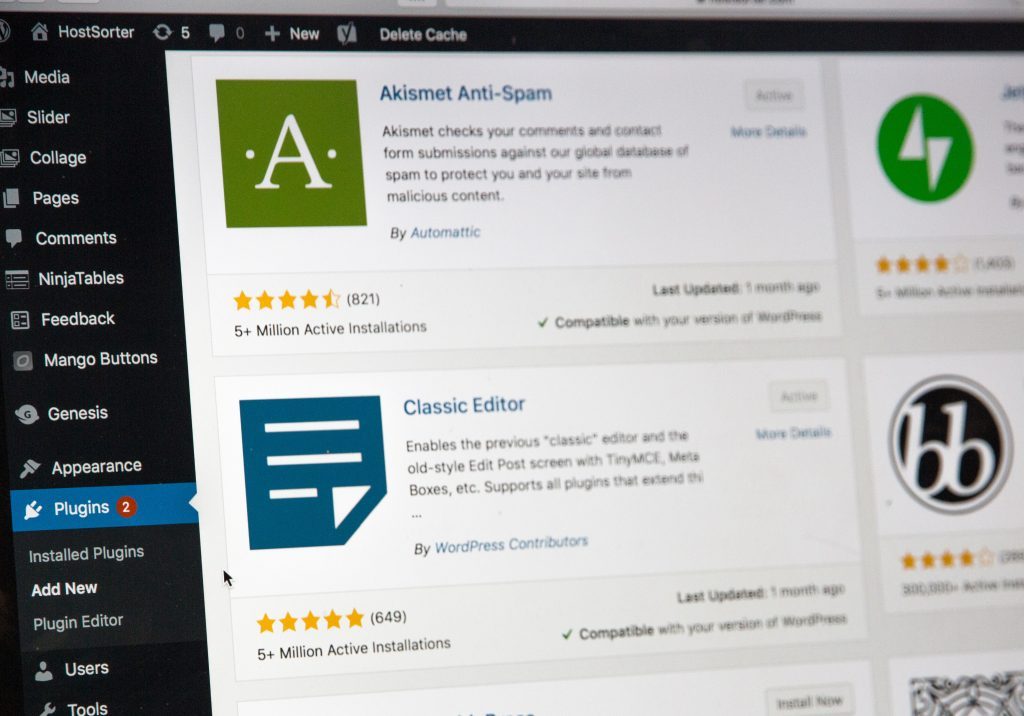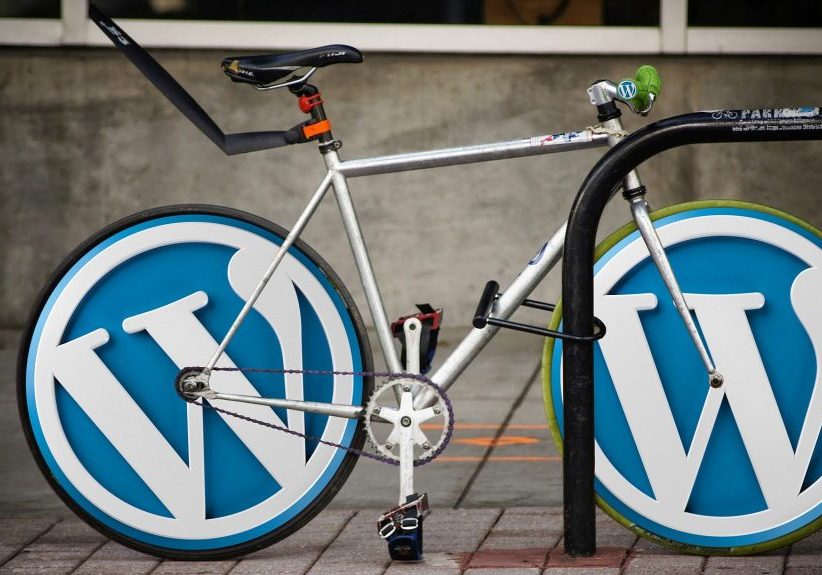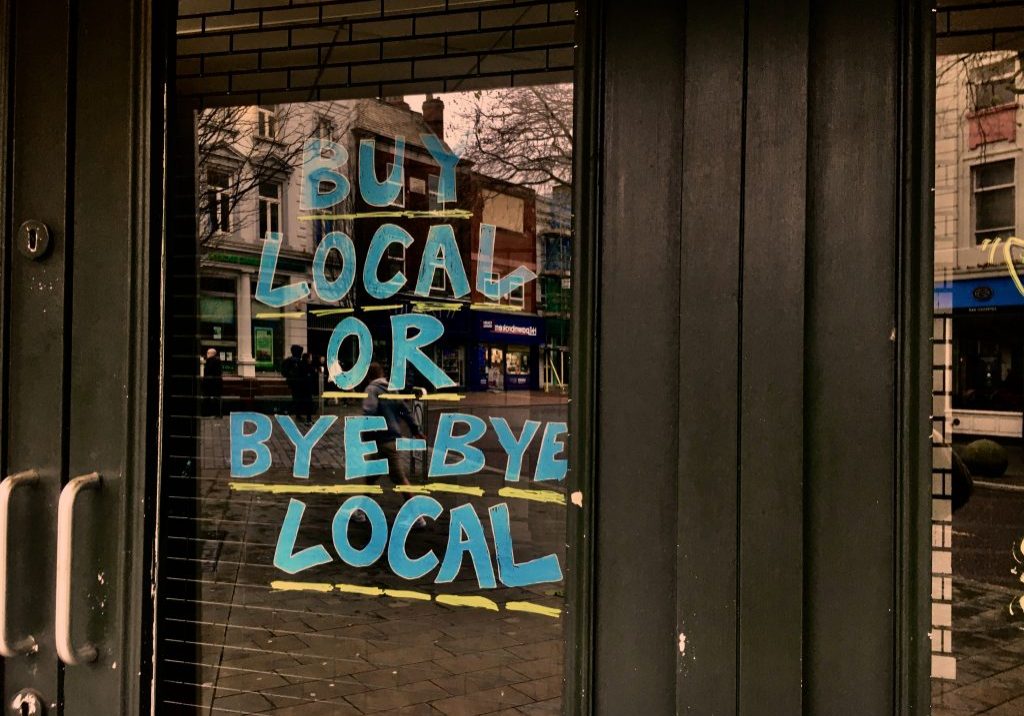If you’ve tried other marketing strategies, such as endless posting on social media, or dabbling in Google Ads, without much luck, maybe it’s time you got stuck into optimising your website, using SEO? When it comes to digital marketing SEO really is the king of all channels, especially for small businesses, which is why it’s crazy that plenty of SME’s have never even heard of it, let alone mastered it!
What Is SEO & How Does It Work?
SEO, or Search Engine Optimisation to give it it’s full title (sounds important eh?) is all about adapting your website, tailoring pages so that it will show in search engine results. Search engine results are the listings displayed (on Google for example) when a user types in a search (or ‘keyword). Following us so far? Good.
The idea is, by optimising your website using SEO you can improve the position (or ranking) of your website in results, which, in turn, is more enticing to users. When this happens, more users will click your listing on results pages, bringing them to your site. So:
Google Search > Results > Your Website
There are over 200 ranking factors that Google take into account whenever someone makes a search, you don’t really need to know all of them, but it pays to understand the core concepts. Here’s a brief overview of three core concepts that Google use to position your website in search results:
Website Quality
Your website should at least be technically sound, fast loading and safe (with an SSL certificate attached). These ‘Core Web Vitals‘ as Google calls them, will be the base for their decision in ranking your business.
Content
Does the content on your website match the users search? Does it answer the questions they need answering and offer something a little extra too? High quality content is, in our opinion at least, one of the fundamental ranking factors that you should focus on.
Google will crawl your relevant pages to determine whether it meets the users demands, the more effectively it does, the higher up your website will be in results.
Back Links
Back links (links from other websites to yours) are a clear indicator to Google that your website is trustworthy and respected online, after all, why else would someone link to it! (You’ll notice in this blog we’ve linked to a lot of external sites for that very reason, their data backs up our content, hence, they’ve built organic back links) Building back links can be incredibly laborious but is worth while as it’s one of the key ranking factors in search results.
What Are The Benefits Of SEO For Small Businesses?
OK, now you understand the absolute basics of SEO, what it is and how it works, it’s time to look at the benefits and why your small business definitely needs to sit up and take notice. Whilst PPC and social media algorithms constantly evolve, SEO has stayed relatively consistent which means, even if you feel you’re late to the party, there’s still plenty of opportunity to get stuck into.
SEO, we’d definitely recommend it, here’s why…
It’s Free
SEO is hard work, but it is free. If you’re going it alone, creating content and reaching out for back links you can see some pretty reasonable success, in a short amount of time, without using any marketing budget.
Sure, it doesn’t have the same instant impact as PPC, or the massive, overnight reach of Paid Social, but, if done right, SEO can create a steady stream of traffic, conversions and customers on a shoe string budget.
If you don’t have time to manage your own SEO, companies (like us) can do it for you, they’ll often have a clearer idea of the keywords to target and how to target them, so, if you do have some funds available, agencies can be worth it for their expertise alone.
(It would be rude of us not to say, if you need SEO services we can help! Contact us and we’ll set something up.)
It Works
53% of all website traffic comes through organic search, which means, roughly, SEO can account for half of your entire customer base. Time and again, search engine optimisation pumps out the best figures for click through rates and conversions, which is why it should be the core of your digital marketing strategy.
Aside from the obvious benefits of connecting you with your customer base, SEO also offers the opportunity to build rapport and trust with users, connecting with them (through optimised content) at every stage of their purchasing journey. The result? easier, higher value sales.
It Levels The Playing Field
Essentially, a well built website, with relevant content and strong back links will always rise to the top when it comes to SEO and Google Search; there’s no shortcut or work around. With this in mind, small businesses can often ‘beat’ the competition, including larger companies who, despite having bigger marketing budgets, can’t buy their way to the top spot in search results.
Unlike other channels, such as PPC or Paid Social Media, where money talks, SEO is all about hard work and knowledge. If you have the time to create high quality, informative content and on page copy, you’ll see good results.
There’s plenty of opportunity out there for smaller business too, with Google confirming that 15% of daily searches are totally new, meaning there’s traffic out there that no one has even optimised for yet! As well as this, long tail keywords (those super niche search terms such as ‘where to buy white tennis shoes in Sheffield’) account for 60% of searches, giving you a chance to pinpoint and connect with your potential customers.
Sure, your bigger, wealthier competitor might be ranking for ‘generic term’ that sees thousands of hits each day, but you can still hoover up the peripheral ‘generic term in area’, ‘less generic term’ and the like, which will still drive traffic and conversions.
It’s What Customers Want
There’s really no better channel for an engaged customer base than SEO…
The beauty of SEO is that it matches your business with your customers, but what do we mean by that? Well, optimising your website for search is all about ensuring it shows up in results, when a user searches with terms you think are important. For example, a Sheffield plastering company may wish to show in a couple of searches, such as ‘Plastering companies in Sheffield’, ‘Dry lining in Sheffield’ and ‘Plasterers near me’ (the last one would benefit from Local SEO, but we’ll cover that another time).
Google uses over 200 ranking factors to find the best possible results for a user’s search, which means that if your website is optimised and displayed in these results, it’s highly targeted to what your customer is looking for.
This is why, on average, the top five results in a Google search engine results page (SERP) accounts for 67% of all traffic. Your customers make the search, your site pops up, they click, simple.
It Drives Traffic & Revenue
A common strategy for SEO is to focus on your existing keywords, pulling those on Google page 2 and above onto the front page. Why? Well because ‘the best place to hide a body is on the second page of Google’, no one ever goes there.
Only 0.78% of traffic to websites is driven from Google page 2 and above, which shows that, when it comes to search at least, it’s either first or nothing.
Optimising your relevant page two keywords, with a view to putting them in positions 1-8 on SERP’s will undoubtedly see a boost in traffic and, if you’ve targeted the right terms an increase in conversions too. (We used this very strategy recently for our client Open House Wigan, resulting in 50 quickly earned keywords and 70+ high value conversions).
It Beats Social Media
Let’s be absolutely clear; organic social media (for small businesses at least) is dead. Long gone are the days when you could start up, share stuff on Facebook, build an organic following and cultivate leads. With an ever concentrated push towards paid social, through advertising on Facebook and LinkedIn, for example, organic reach of business pages has reached an all time low; in a lot of cases, close to zero.
This means that, if you’re using social media as your main marketing channel you’ll either need to stump up some cash to enhance the reach of your posts, or come to terms with the fact that you’ll not get many eyes on your content. This is one of the most disheartening lessons for small businesses who often wonder whether it’s worth curating social media posts, only for a handful of followers to even see them, frankly, we don’t (which is why we no longer offer organic social media as a standalone marketing channel).
So where does SEO come into the social media debate? Well SEO drives 300% more traffic than social media, for one. One thing to keep in mind with this is that the quality of traffic is so much better through search than social media too, with conversion rates topping 14%
Compare the average engagement rate of Facebook posts (for the sake of argument, we’ll assume clicks) which is a miserly 0.25% to the average click through rate of a position 1 Google listing, around 31.7% and you’ll quickly realise why businesses are leaving social media behind, in favour of SEO and other digital marketing channels.
The Wrap Up
Hopefully, we’ve given you enough data to show that SEO should be one of the key elements of your small business marketing strategy. It pays to use different channels for different goals, of course it does, but ultimately, if you’re after conversions and cold hard cash, optimising your website should be a top priority.
If you’d like to find the keywords your website currently ranks for, try our free Online Keyword Checker. Hey, if you’re really serious about building your business, why not get in touch? We’re always happy to chat about SEO and see if we can help you.
As always, don’t forget to share this with your network if you found it useful, they will too! You can do so by clicking the buttons below, or left.









